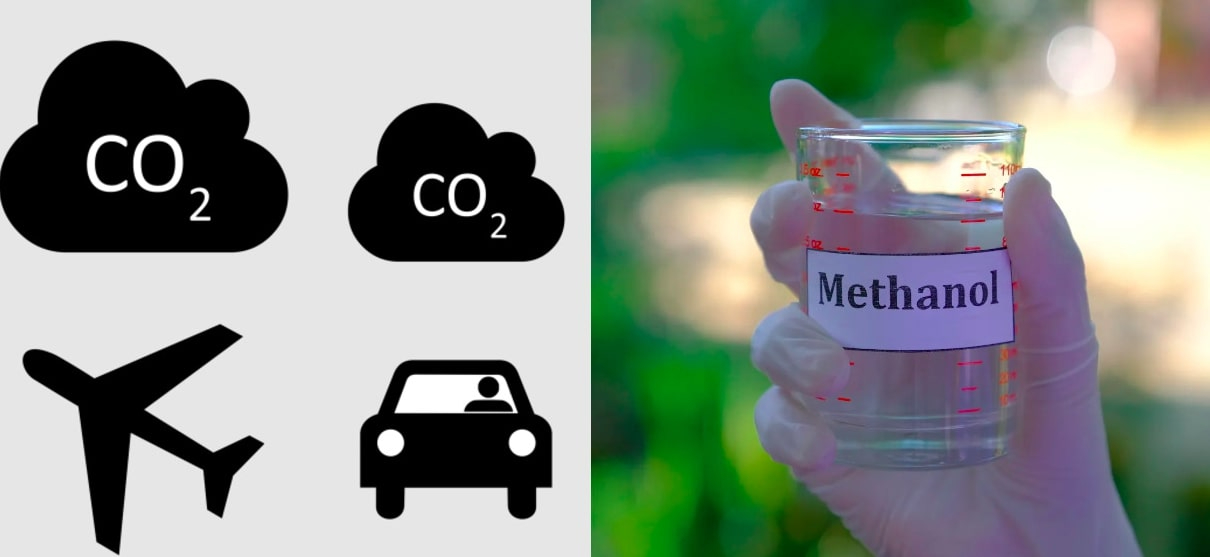A new scientific breakthrough could drastically speed up the internet

Image: HP
One of the biggest first world probs? A slow internet connection. But that could soon be a relic of the past, thanks to a new breakthrough from UK researchers.
In a recent experiment, scientists from Aston University achieved download speeds of 301 million megabits/second using traditional fiber optic cables – or 1.2 million times faster than the average US broadband performance (242 Mbps).
And, while the number itself is remarkable, the researchers say the novel method they used is the truly exciting part.
The breakthrough: The researchers, using custom-built devices, figured out a way to send data via new wavelengths of light that were previously inaccessible in fiber optic cables (how fiber optic cables work). The scientists described their new wavelength bands as “equivalent to different colors of light being transmitted down the optical fiber.”
- Thanks to these new “colors” of light, the researchers were able to transmit far greater amounts of data in a shorter period of time compared to traditional methods.
- This solution is especially noteworthy because it works on most existing fiber optic cables, and doesn’t require any new infrastructure to drastically improve internet speeds.
👀 Looking ahead… The researchers’ next goal is to refine the method so that it can be rolled out by internet providers. For context, if implemented widely, scientists say the system would make downloading movies and large files near-instantaneous. Or put another way: you could download The Flash in a…really short amount of time.
Share this!
Recent Science & Emerging Tech stories

Science & Emerging Tech
| March 29, 2024There’s a new way to convert carbon dioxide into green fuel
♻️ Scientists have developed a new method to drastically lower emissions from fossil fuels by turning CO2 into methanol, a sustainable source of fuel.

Science & Emerging Tech
| March 27, 2024Behind the startup trying to turn dog years into human years
💉🐶 Late last week, biotech startup Loyal raised $45M in new funding aimed at bringing the company’s first longevity drug for dogs to market

Science & Emerging Tech
| March 22, 2024A Martian volcano taller than Everest has been hiding in plain sight
🌋 A team of scientists recently announced the discovery of a volcano taller than Mount Everest on the surface of Mars, which has been “hid[ing] in plain sight” for the past 50+ years.
You've made it this far...
Let's make our relationship official, no 💍 or elaborate proposal required. Learn and stay entertained, for free.👇
All of our news is 100% free and you can unsubscribe anytime; the quiz takes ~10 seconds to complete